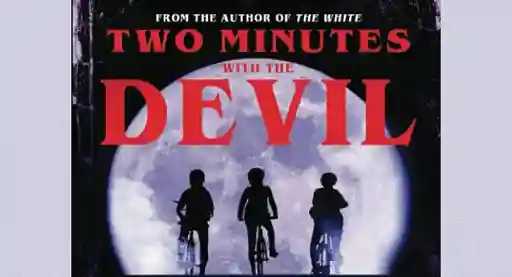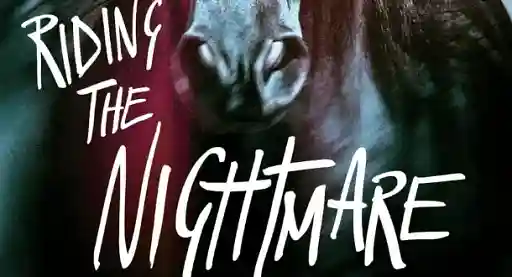Bookshots: Pumping new life into the corpse of the book review
Title:
A Girl Is a Half-Formed Thing
Who wrote it?
Debut novelist, Eimear McBride. After almost a decade without a publisher, A Girl Is a Half-Formed Thing was released by a tiny press in England, winning the Goldsmiths Prize in 2013 and the 2014 Bailey’s Women’s Fiction Prize for Fiction. The novel took her six months to write.
Plot in a Box:
Irish Catholic family drama at its finest, told from the perspective of a fatherless girl whose older brother’s cognition suffers after having a brain tumor removed as an infant.
Invent a new title for this book:
Half a Person
Read this if you like:
James Joyce. Also, Ugly Girls by Lindsay Hunter … or any book that is honest about the hard ways a girl can grow up.
Meet the book’s lead:
A nameless girl from the Irish countryside who struggles, alongside her brother, to the meet the expectations of her single, reformed Catholic mother. The girl loses her virginity at 13 to her uncle and leaves home for college in the city as soon as she is old enough.
Said lead would be portrayed in a movie by:
Irish actress Saoirse Ronan (from The Grand Budapest Hotel).
Setting: would you want to live there?
Ireland? Yes, but not with this family.
What was your favorite sentence?
I’m having bile thoughts. Great green ones of spite and their sloppedy daughters with tongues too long to keep in their mouths. Should we be that so we can be right?
The Verdict:
I wasn’t sure how I felt about this book until I came across the line: “Mind your head dear heart.” It’s a line that comes early in the book, one I felt an impulse to copy over by hand. I am not typically a fan of heavy dialect. “I be new girl . . .” was another line, one I struggled with. It seemed easily correctable. But this book stirs up a kind of hunger, a kind of unconditional love that is hard to come by.
The characters of this book are nameless. Even the places are nameless. By some magic, nothing gets lost—even her uncle, who is referred to as “him,” and her brother who gets tenderly referred to as “you.” So often people applaud the unreliable narrator, but McBride’s is a different kind: one that wishes to remain completely anonymous. She wishes to tell a story without accountability, without shame, without betraying the one thing she so obviously doesn’t follow: “Mind your head dear heart.”
The emotional scope of this novel is unreal. If brought to life, it would be multi-headed creature of lust, repulsion, hope, shame, grief, and love. At times it feels like a flood. It’s a book that anatomizes mistakes, those regrettable things, and helps readers understand the people who make them.

About the author
Freddie Moore's writing has appeared in Electric Literature, The Paris Review Daily and The Huffington Post. She volunteers at 826NYC and can be found on Twitter at @moorefreddie.








